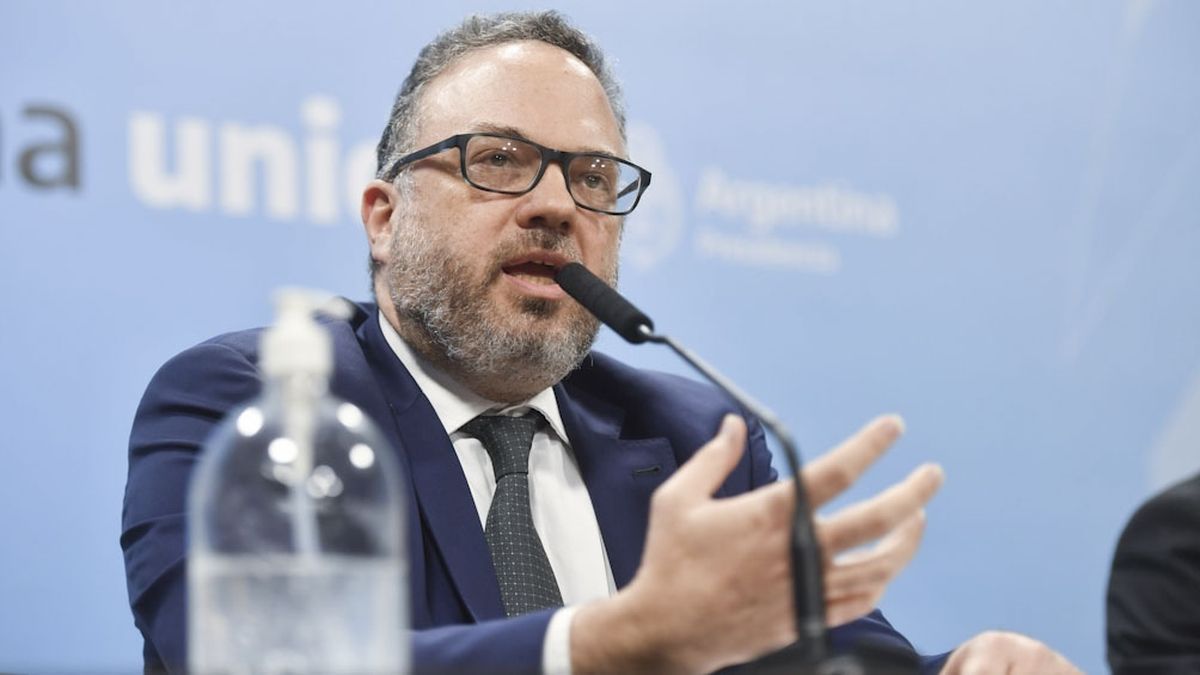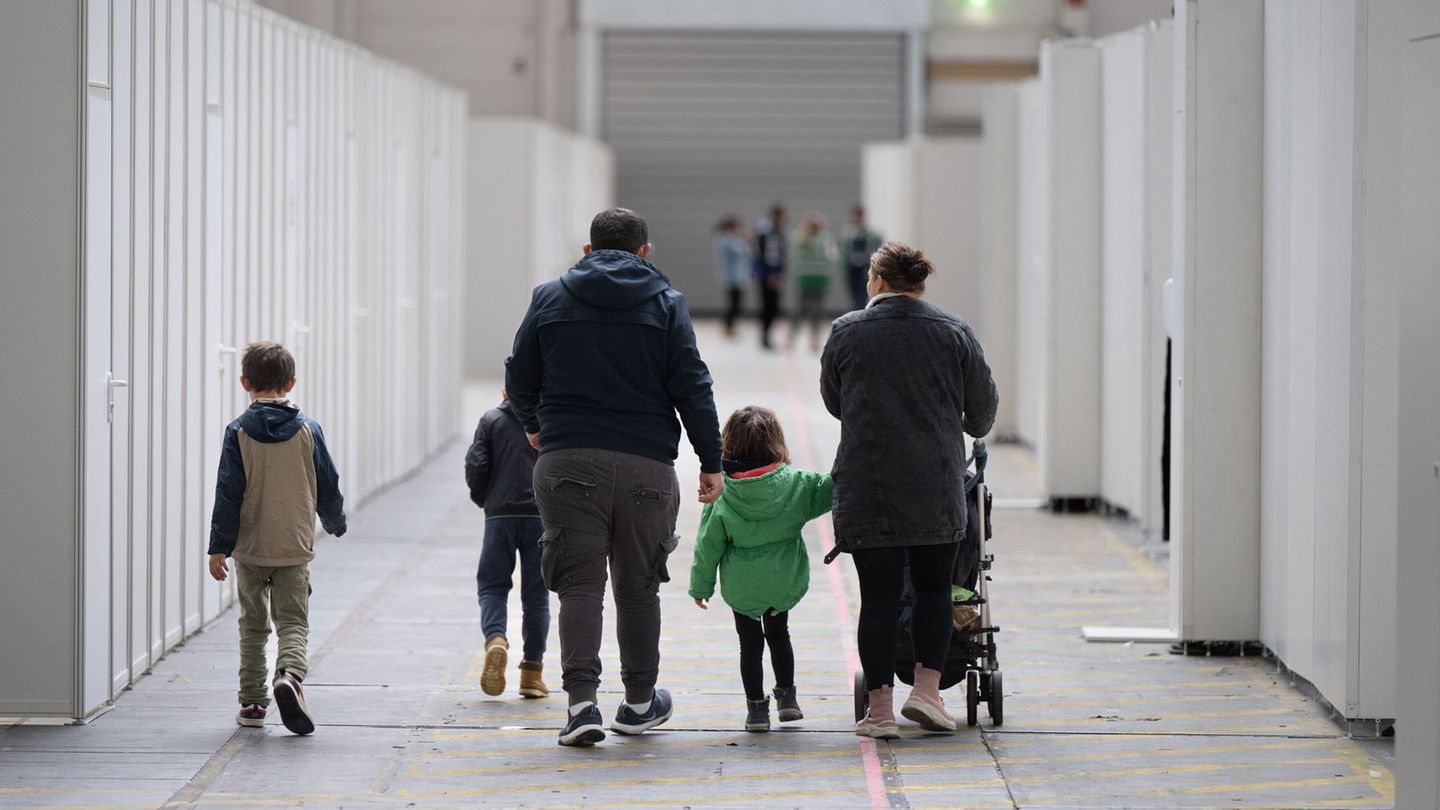He pointed out that inflation, “after climbing 53% in 2019, could be reduced in 2020, but due to the external phenomena of the pandemic and the war in Ukraine there is a new inflationary pressure that has made it increase.”
“At the global level we are seeing a phenomenon that was not seen, countries that had inflation close to zero has multiplied by up to 10 times”he indicated.
In that, he stated that, in the country, “the industry is growing, it has been creating jobs for 22 consecutive months”, and recalled that, during Mauricio Macri’s administration, “the opposite happened”. “Only in two months of the 48 that he governed did he create employment,” Kulfas said about the macrismo.
“Inflation erodes a good part of the improvements in income and makes the recovery of real wages much slower than we would like,” he added.
He argued that “there is a percentage of formal workers who live in households that are poor” but pointed out that it is “a minority.”
“This is not new: in Argentina, historically there are between 8 and 13 percent of white workers whose home is poor because they have income but do not cover the basic basket”Kulfas asserted.
“Today it is an important percentage, it is approximately 13%, but we are always talking about a minority,” he explained.
He considered that “this, to the extent that the economy continues along this path of growth and generating employment, wages will continue to grow and there will be fewer and fewer poor formal workers.”
“The way for Argentina to move forward is sustained growth, job creation and that is the central basis for getting more people out of poverty”Kulfas remarked, and maintained: “We have to manage to grow throughout the decade and more so that we can lift Argentine men and women out of poverty.”
He also referred to the new lines of credit for small and medium-sized export companies announced yesterday, and said: “There are two lines of 70,000 million pesos that we are going to make available from next week for Argentine SMEs to carry out investment projects , that exports increase and that imports are replaced with local production”.
“We know that historically the great problems of Argentina occur when dollars are lacking, so from the productive point of view we want companies to export more and also save foreign currency from imports, so that what can be produced in the country efficiently is done”he pointed.
The minister indicated that “there are geopolitical rearrangements, all of this is a spectacular opportunity for the Argentine industrial system and also for Mercosur,” and remarked that “for Argentina, it is key to have a surplus currency balance.”
“Argentina suffers when dollars are lacking, it suffers because there are clearly devaluation pressures and this impacts prices”Held.
He said that the lines “are loans that are going to have a final rate for SMEs of 35%, which is below the inflation expected for this year, it is an incentive to invest,” and stressed that today the SME loan it is “double in real terms what we received in 2019”.
“53% of credit to companies goes to SMEs, it is a historical record, with which we are achieving very important financial inclusion objectives,” he concluded.
Source: Ambito
David William is a talented author who has made a name for himself in the world of writing. He is a professional author who writes on a wide range of topics, from general interest to opinion news. David is currently working as a writer at 24 hours worlds where he brings his unique perspective and in-depth research to his articles, making them both informative and engaging.




